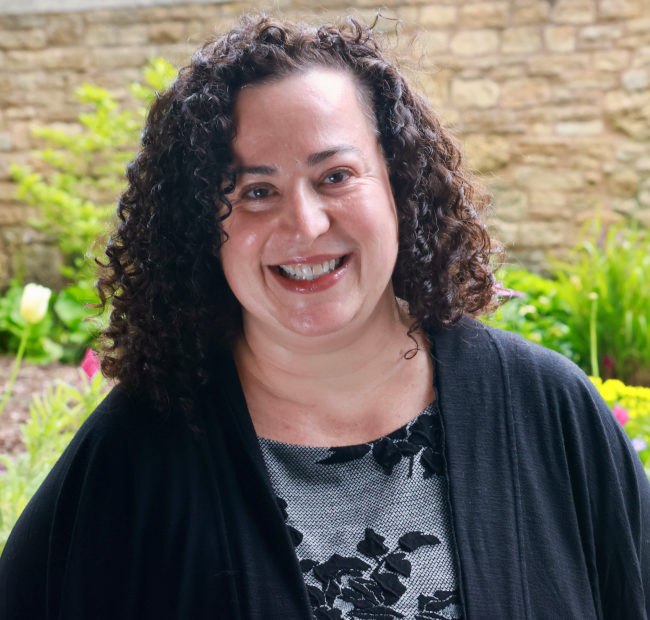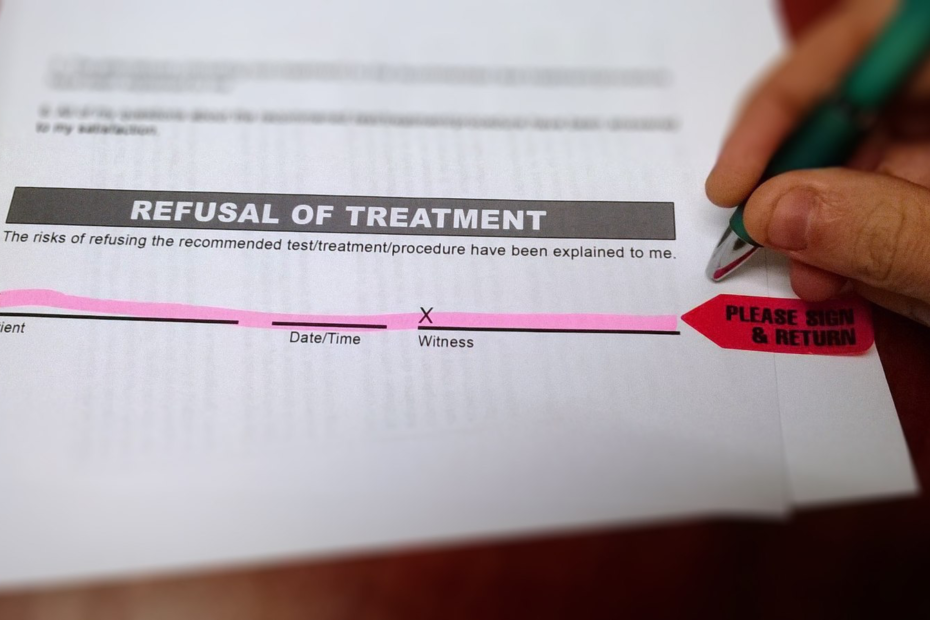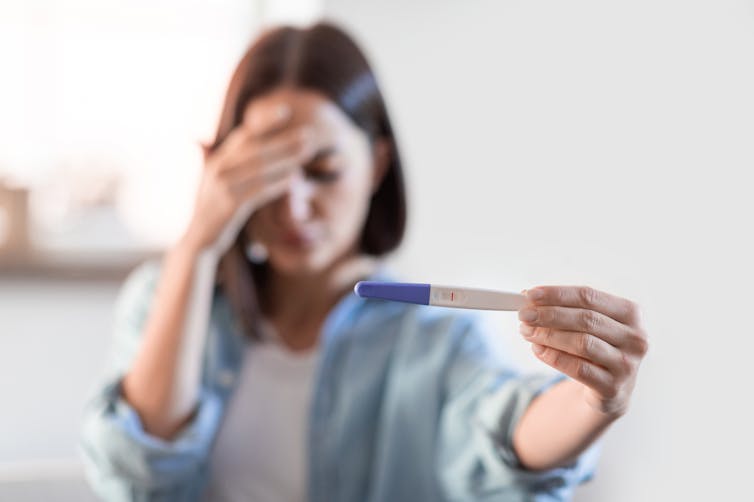Written by Dominic Wilkinson, Consultant Neonatologist and Professor of Ethics, University of Oxford
This article is republished from The Conversation under a Creative Commons license. Read the original article.
Imagine that you are on the waiting list for a non-urgent operation. You were seen in the clinic some months ago, but still don’t have a date for the procedure. It is extremely frustrating, but it seems that you will just have to wait.
However, the hospital surgical team has just got in contact via a chatbot. The chatbot asks some screening questions about whether your symptoms have worsened since you were last seen, and whether they are stopping you from sleeping, working, or doing your everyday activities.
Your symptoms are much the same, but part of you wonders if you should answer yes. After all, perhaps that will get you bumped up the list, or at least able to speak to someone. And anyway, it’s not as if this is a real person.Read More »Cross Post: What’s wrong with lying to a chatbot?







